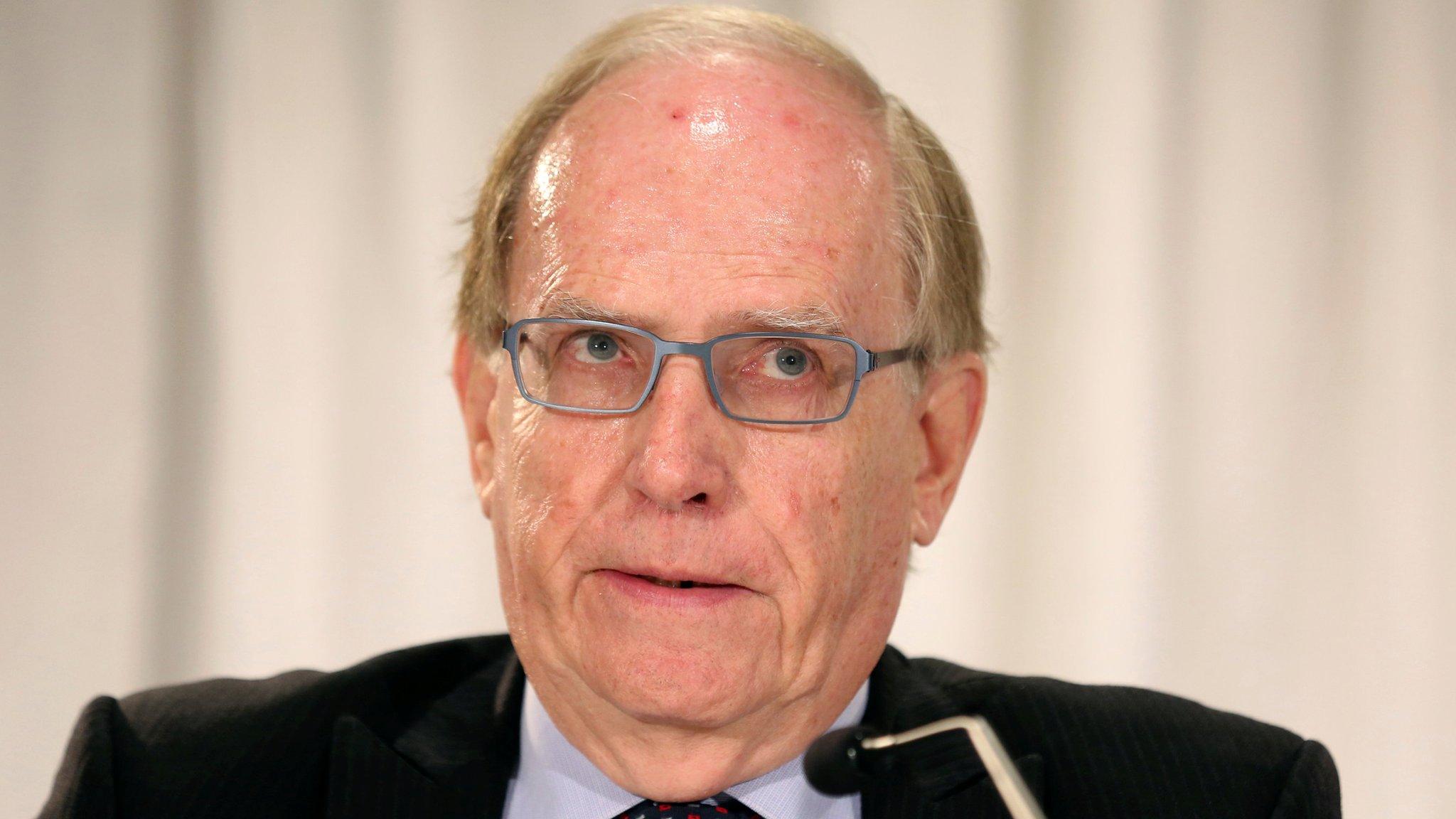Sir Bradley Wiggins: Team Sky boss Sir Dave Brailsford defends use of TUEs
- Published
Sir Dave Brailsford was interviewed by the BBC on 26 September
Sir Bradley Wiggins' use of a banned steroid before races has been defended by Sir Dave Brailsford, with the Team Sky boss saying they "do not cross the line" over performance-enhancing drugs.
Britain's most decorated Olympian took anti-inflammatory drug triamcinolone for allergies and respiratory issues.
The cyclist said he sought therapeutic use exemptions (TUEs) to "put himself back on a level playing field".
TUEs allow the use of banned substances if athletes have genuine medical need.
Brailsford, 52, said Team Sky are reviewing their policies about the disclosure of a rider's use of TUEs.
Wiggins took triamcinolone shortly before the 2012 Tour de France, which he won, as well as the previous year's event and the 2013 Giro d'Italia.
His use of the substance has come under scrutiny following revelations made by Russian computer hackers known as Fancy Bears last week.
The details were revealed after the group accessed the private medical data of some of the world's leading athletes, from the World Anti-Doping Agency (Wada).
"It was not being used to enhance performance," Brailsford told BBC sports editor Dan Roan.
"I have known Bradley a long time and he is an asthma sufferer and he has struggled with allergies for as long as I have known him.
"I know that at the time there was a recommendation to see a specialist, he went to see a specialist and was then given permission by the authorities.
"I trust and believe in the integrity of that process."
Bradley Wiggins: 'This was about putting myself back on a level playing field'
Brailsford also said:
He was aware at the time of what Wiggins was taking;
He has complete trust in Team Sky's doctors;
Given the information he had at that time, he would make the same decision now;
He does not believe Wiggins' or Team Sky's reputations have been tainted.
Wiggins' TUEs were approved by British authorities and cycling's world governing body the UCI.
There is no suggestion either the 36-year-old or Team Sky, his former team, have broken any rules.
Questions have been raised over why Wiggins apparently did not need the drug before 2011, or after 2013.
Dr Prentice Steffen, team doctor at Wiggins' former team Garmin Slipstream, told BBC Newsnight he was "surprised" he was prescribed the drug before major races.
Brailsford added: "Lots of TUEs in sport, in general, are for asthma sufferers, pollen and allergic reactions - and the whole nature of that is you don't wait until you are really suffering from asthma. In this case, I think it is a similar situation.
"If someone has a medical need - and this isn't to enhance performances - a medical need which is recognised by a specialist, recognised by the doping authorities who grant the permission to use that for that particular need then I think there is integrity in that process and trust in that process."
In Wiggins' 2012 autobiography, My Time, there is no mention of asthma or allergies. Referring specifically to 2012, he states he was "only ill once or twice with minor colds" and "barely lost a day's training from it".
What are therapeutic use exemptions? |
|---|
A TUE allows an athlete, for medical reasons, to take a banned substance or have treatment that is otherwise prohibited. |
The Wada rules for obtaining TUEs include: the banned drug can only be used to treat an acute or chronic medical condition, it must be highly unlikely to produce any additional enhancement of performance and that there iss no reasonable therapeutic alternative. |
'We'll never pressure riders to break rules'
Team Sky have always had a strong anti-drug stance, and Brailsford said people should continue to have "100% trust" in the team's riders being clean.
"It is the very essence of why we created this team," he said.
"I can guarantee no-one in this team has or will be put under pressure to do anything outside of the rules."
Brailsford said Team Sky - who were formed in 2009 - will look to be more transparent about a rider's use of TUEs in the future, although will not force them to publicly disclose their medical condition.
"In our total existence we have had 13 TUEs," he said. "This is not a systematic abuse of TUEs, we have raced many, many races and there's a very small number."
Brailsford added: "We run a tight ship.
"People can have an opinion about that but I can look at our processes and be confident that not only we refine them but keep on moving forwards, which is what we will do now and review this in light of the hack and amend our processes and be as transparent as possible."
- Attribution
- Published25 September 2016
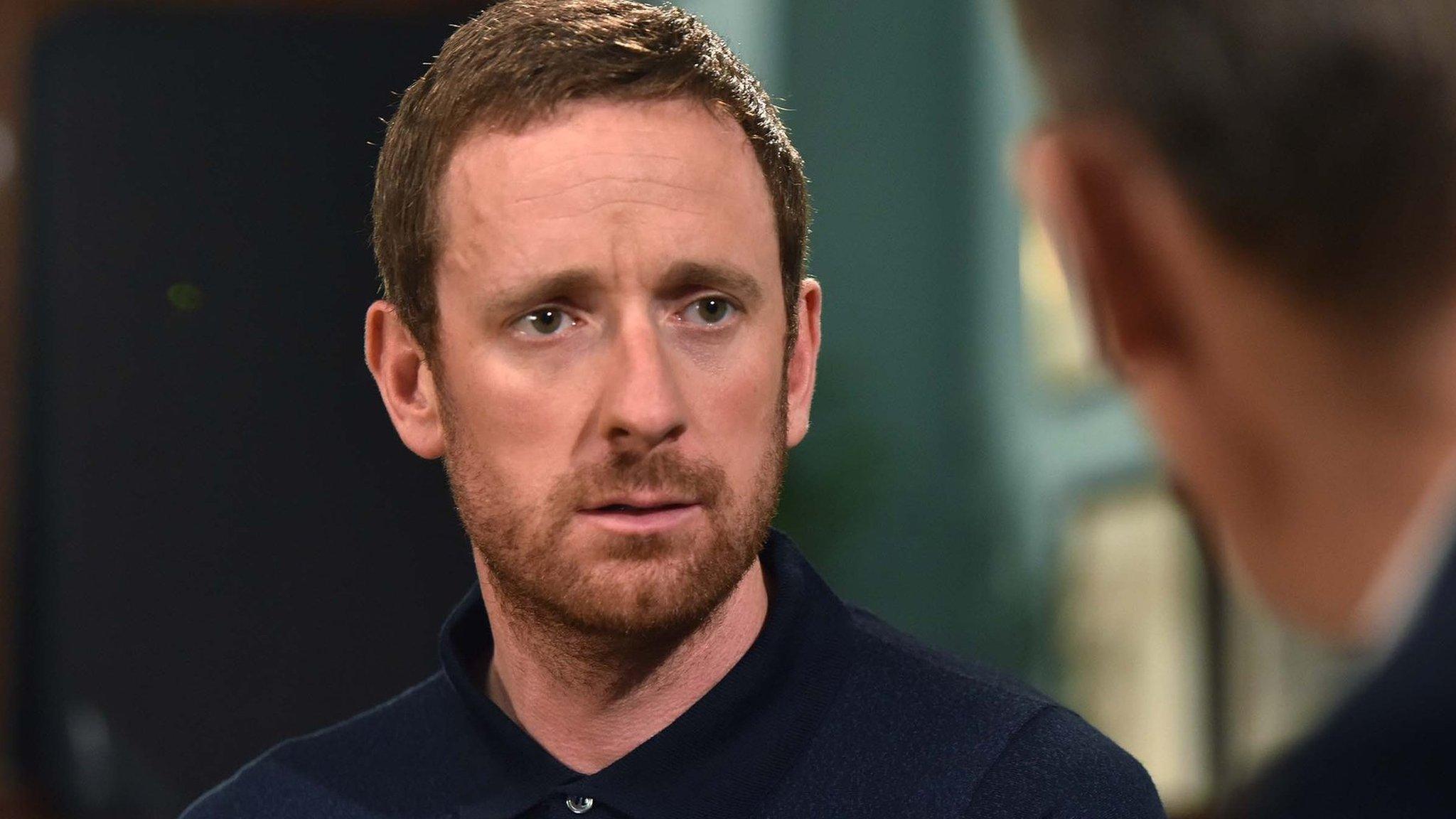
- Attribution
- Published23 September 2016
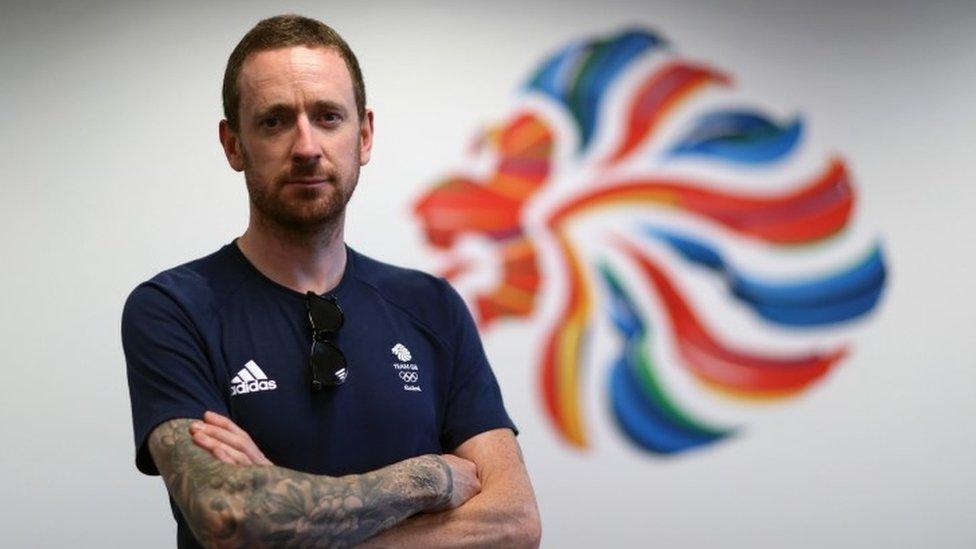
- Published17 September 2016
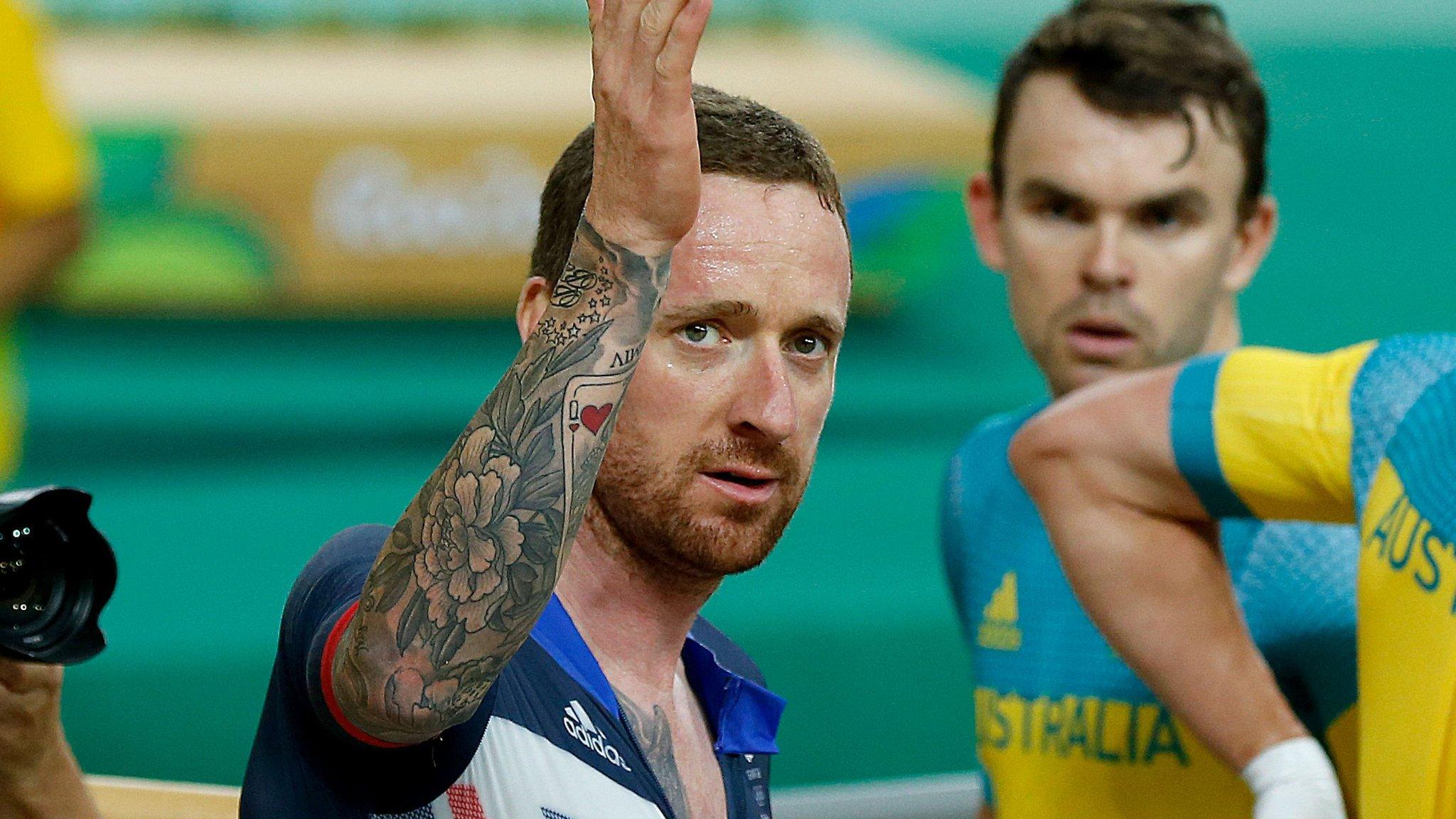
- Attribution
- Published15 September 2016
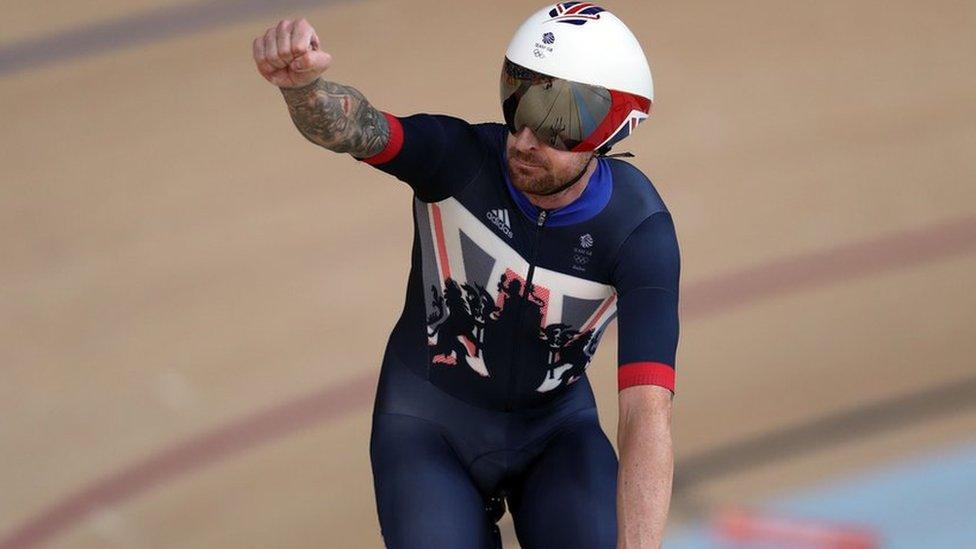
- Published23 September 2016
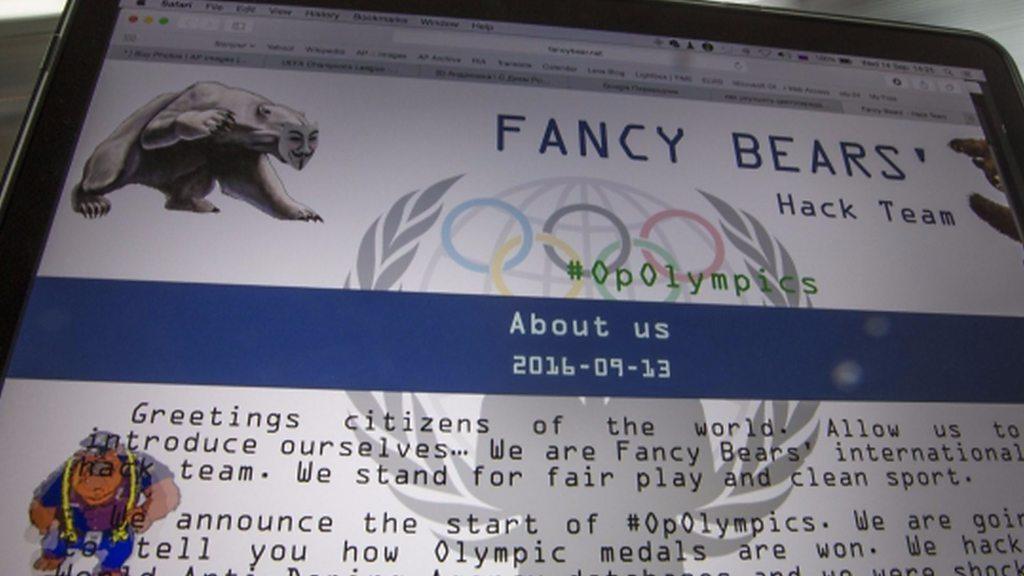
- Published16 September 2016
